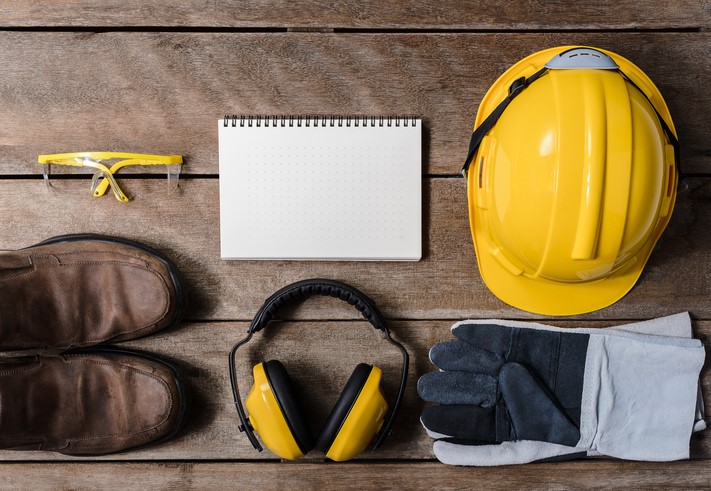- Home
- Occupational Health Surveillance
- Public Health Professionals
Public Health Professionals
The COVID-19 pandemic has demonstrated that surveillance systems of emergent diseases and other disease conditions need to include occupation and industry information to protect workers, prioritize public health strategies, and mitigate transmission in the workplace. A national effort was initiated to help expand currently available state data sources to collect workplace information. Based on this national effort, the NJDOH Occupational Health Surveillance Unit has worked to expand NJ sources of data to capture workplace information and bridge the current gap of putting data into action.
Why it is important we collect industry and occupation in public health?
- Certain industries and occupations are associated with specific health risks.
- Helps us identify vulnerable worker populations for outreach efforts.
- Can help us develop prevention strategies tailored to specific occupations and industries.
- Knowing this information can help describe the burden of different health conditions among worker groups.
- Industry and occupation can provide important information about transmission of other conditions, including infectious disease.
- Work is a social determinant of health and limited information on a person’s industry and occupation hampers identification of at-risk groups, limiting the ability to ensure health equity.
As a part of this national effort to improve collection of industry and occupation, a short training video (youtu.be/CFYDXaBbBm4) has been developed for staff conducting case follow-up to help improve their collection of industry and occupation data.
- Council of State and Territorial Epidemiologists (CSTE): Inclusion of Industry and Occupation as Core Demographic Variables in Public Health Surveillance
- CDC National Institute for Occupational Safety & Health (NIOSH): Collecting and Using Industry and Occupation Data
- CDC National Institute for Occupational Safety & Health (NIOSH): Industry and Occupation Computerized Coding System (NIOCCS)





